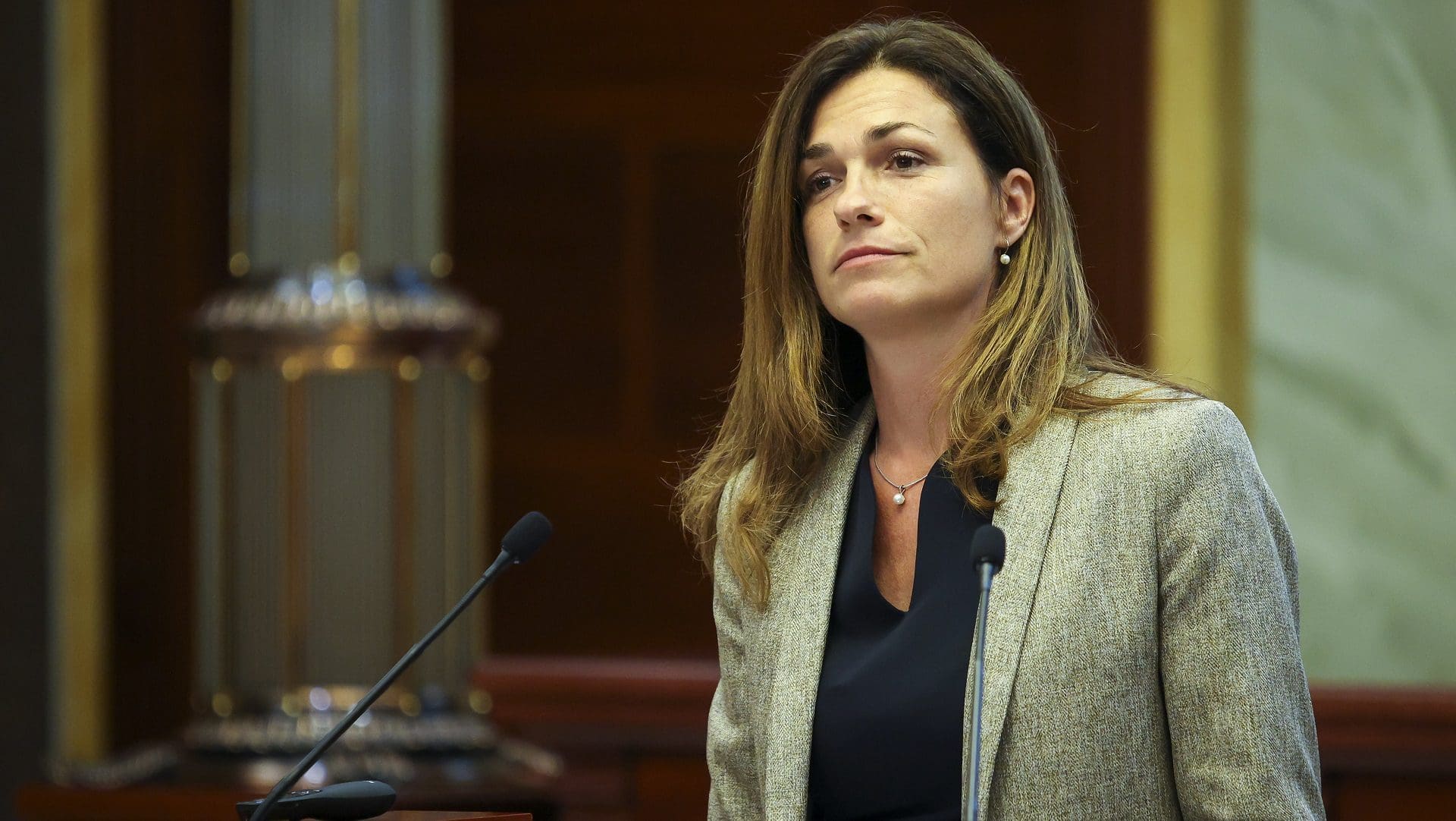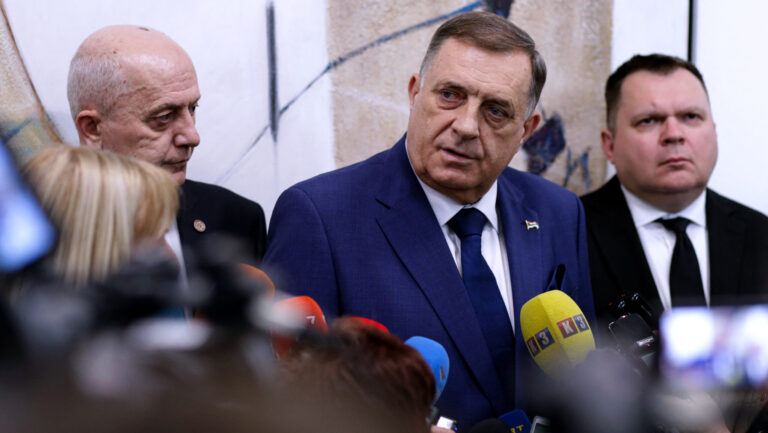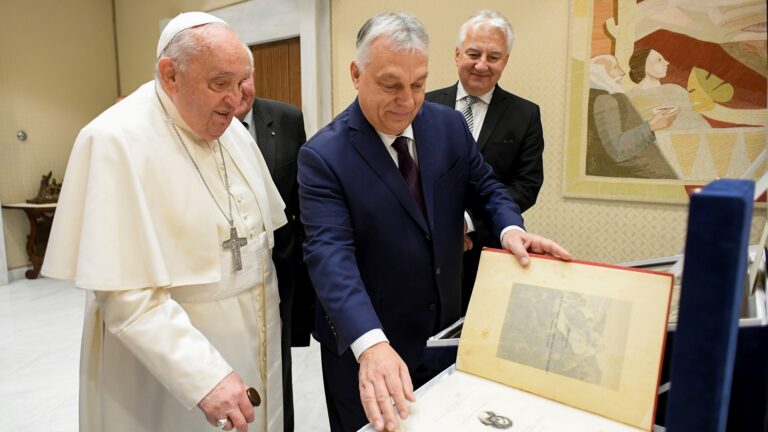Justice Minister Judit Varga spoke at the legal history conference in Budapest on Monday, 19 June, held to commemorate the 300th anniversary of the Curia, Hungary’s Supreme Court. The minister took the opportunity to counter claims coming from the EU and the Western mainstream media about the lack of separation between the judicial and the executive branches in Hungary, Hungarian news agency MTI reported.
As Minister Varga pointed out, Hungarian law prohibits any judge to be a member of a political party or engage in political activity. She went on to stress that by law, it is the President of the Republic who appoints judges, after careful consideration of their potential conflicts of interest. Also, judges can only be removed after a thorough inadequacy assessment procedure, ordered and carried out by the regional courts, courts of appeal, or the Curia.
All this assures that the country’s judges are independent and cannot be influenced in the course of their deliberations,
according to Minister Varga. She added that the she believes the highest court’s ways of operation are in line with 21st century requirements.
The ongoing rule of law conditionality mechanism against Hungary was also brought up at the conference. The Minister claimed that the ‘crisis of confidence’ between Hungary and the EU came about as a result of the continuous unjustified attacks on the country over the years, and not because of the supposed faults in Hungary’s justice system. Also, she went on to claim that the judicial reforms package recently passed by the National Assembly, specifically crafted to appease some of the concerns of the EU Commission, has in fact affected the courts’ operation; she also expressed hope that the law’s provisions would work well in practice.
Currently, about €36 billion of COVID recovery and EU cohesion funds are being withheld from Hungary by the Union’s Commission. The release of these funds is tied to 27 so-called ‘super milestones’. According to State Secretary for European Affairs János Bóka, who is one of the lead negotiators with the EU on the matter, claims that four out of the 27 milestones have been met with the new law, and thus €13 billion of the frozen funds is expected to be released by the end of 2027.
Related articles:








